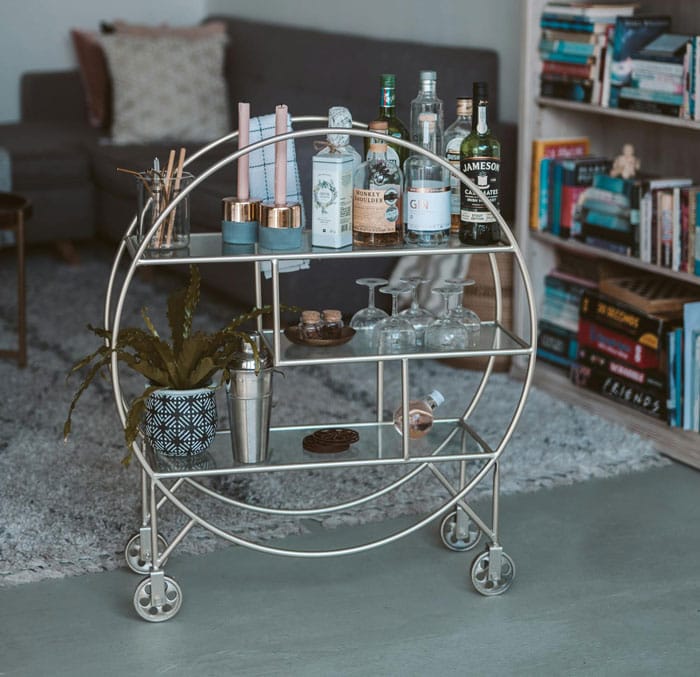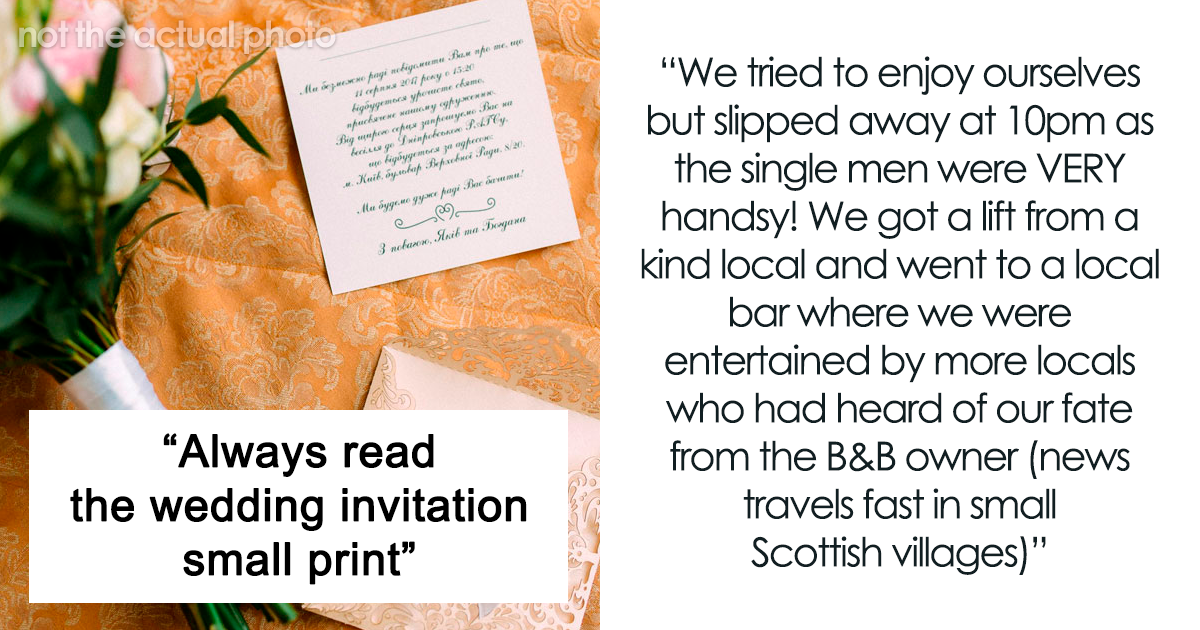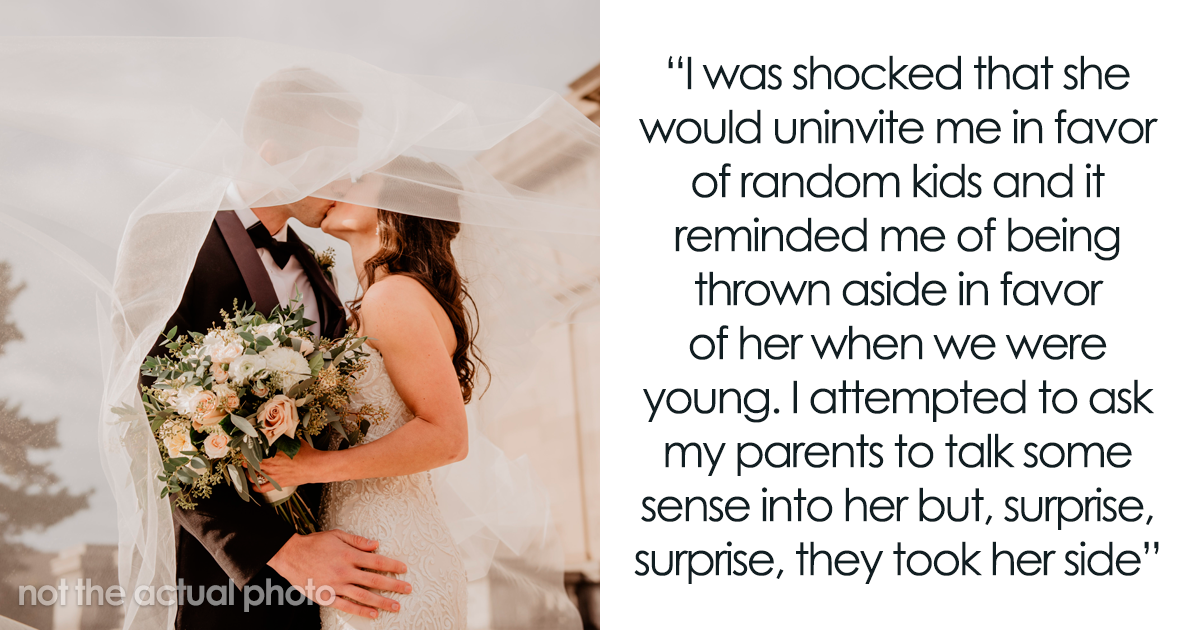Battling addiction is a very serious challenge. So, the support of your social circle can be invaluable. Having said that, there are practical limits. For example, it would be slightly unfair to demand that everyone you ever meet overhaul their entire lives just to make you less likely to relapse. The world usually doesn’t work that way.
One anonymous woman opened up about how she and her roommate got into a massive argument. The OP’s roommate, who is a huge people-pleaser and a “relationship chameleon,” suddenly demanded that they ban all alcohol at home. This happened because she got into a relationship with a man who was a recovering alcoholic. Read on for the full story and an important update, as well as the advice the AITA online community shared with the author.
The reality is that some people completely change their character when they date someone new. This can be hard for their friends to handle

One woman opened up about how her roommate tried to ban drinking alcohol at home because she got into a relationship with a sober man

The roommate made it seem as though the author of the story had no choice but to listen to her demands
Unfortunately, the author’s Reddit account was suspended for unknown reasons, so we were unable to reach out to her. Let’s get to grips with a few simple things right off the bat. It is absolutely lovely that the OP’s roommate decided to stop drinking in order to stand in solidarity with her new boyfriend, who is a recovering alcoholic. Setting some other questions aside for a moment, it’s a very nice thing to do.

It also would have been kind if the author of the post had done the same. However, the key here is that it is her choice to stop drinking entirely or to enjoy a glass of wine from time to time. The fact that her roommate tried to force her to make the lifestyle change is the main issue.
Having to overhaul your lifestyle because your roommate recently started dating someone with a serious issue is unfair. Let’s also not forget the fact that the OP owned the property in which she and her roommate were living. So, her opinion on whether or not she can drink wine on weekends is perfectly valid. And, frankly, her’s is the deciding vote.
Another thing to consider is that if the roommate’s new boyfriend genuinely has a problem being around any and all alcohol, he should make the decision to spend his time elsewhere. Not at home! For example, if the OP is enjoying a glass of wine with her dinner on a Saturday night, the roommate and her boyfriend could go out on a date. Or they could go back to his place.
It feels like the roommate got insulted on her boyfriend’s behalf. Meanwhile, for all we know, he might not have seen the situation as a problem at all. Otherwise, he probably would have spoken up. The odds are that he realized he has no right bossing someone else around in their own home.
People-pleasers tend to hide their authentic selves because they want to leave a positive impression on others
One problem that the OP noted is that her roommate is a “relationship chameleon.” In short, she’s referring to a tendency that people have to change their values and beliefs in order to better match the person that they’re now dating.

When we get into a relationship, it does mean that we have to make some sort of compromises. However, if we’re changing fundamental things about ourselves (our entire diets, our religious beliefs, our attitude toward certain behaviors, etc.), it indicates that there might be some underlying issues with confidence and self-esteem.
To put it simply, you should not have to change yourself to a massive degree just to date someone. If they cannot like you for you, then you should move on. Having to put on a metaphorical mask just to be accepted is unhealthy.
Not to mention that it’s unfair to the person you’re dating because they see an inauthentic, massively ‘edited’ version of you, not who you really are.
As Forbes writes, excessive people-pleasing can jeopardize relationships. This is because the person compromises their core values just to be accepted by others.
On the flip side, if you’re honest about what your core values are, you’re building the relationship on a foundation of authenticity and truth.



